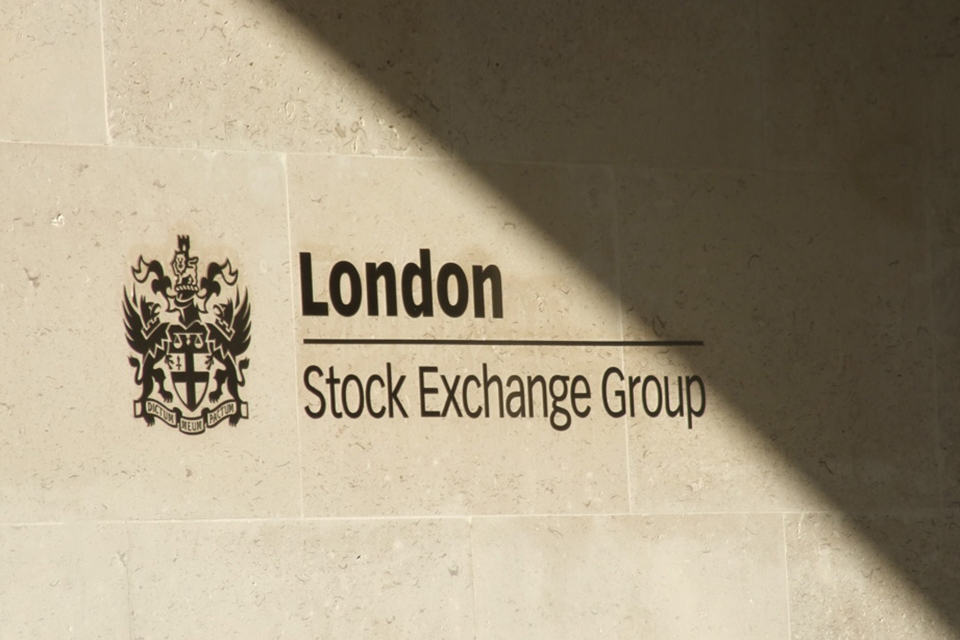Economic upturn and innovation in the RMB market
Caroline Wilson, British Consul General to Hong Kong and Macao, on why the UK and its partners should be optimistic about 2014

2014 will be a significant year for the UK. Plenty of weighty dates punctuate the British calendar. Solemn commemorations of the centenary of the outbreak of the Great War. The Commonwealth Games in Glasgow. Local government and European Parliament elections.
Beyond these events, the year of the Horse heralds an economic turning point. Over 2013, the UK transitioned from economic rescue mode into a period of recovery. Unemployment and inflation are at a four-year low, higher investment and an expanding services surplus have seen UK growth projections reach 2.4 per cent for 2014. As Prime Minister David Cameron recently said, 2014 promises to be “the year in which Britain begins to rise”.
What does the coming upturn mean for our largest trading and investment partners, like Hong Kong?
It means making a competitive business environment even more attractive to investors as corporation tax becomes the G20’s lowest by 2015. Making it easier for companies to hire by cutting jobs tax for every business by up to £2,000 (HKD25,300). It means legislating for a Charter for Budget Responsibility as part of continuing efforts to reduce the deficit. Selling the UK’s prowess in professional services – well-known in Hong Kong, which imports over £2.1bn (HKD 27bn) of UK services annually – more proactively. It means not resting on our laurels as the world’s premier international finance centre, but cooperating with our global partners to innovate and diversify our financial services industry.
Just nine days into 2014, this spirit of innovation has been highlighted in the crucial growth sectors of the offshore RMB market and investment management. On 7 January, FTSE 250 listed and London-based Ashmore became the first management group to be granted a license by the China Securities Regulatory Commission to invest directly in Chinese stocks and bonds from outside Greater China using RMB. On 8 January, Bank of China’s London branch issued a RMB 2.5bn bond, the largest London issue so far, which will list on the London Stock Exchange. On 9 January, a landmark Exchange Traded Fund was launched by Hong Kong-based CSOP Asset Management (subsidiary of Mainland-based China Southern), that will allow European investors to invest in RMB directly in the Chinese stock markets via the London Stock Exchange, for the first time. This deal demonstrates how the synergies between the UK, Hong Kong and China can combine to expand the global RMB market. This is to the benefit of all parties, including market-leaders Hong Kong.
Close cooperation with Hong Kong, in evidence during the London-Hong Kong RMB Forum and with no fewer than five bilateral Ministerial-level meetings on the topic in 2013, has been pivotal to the UK becoming the second largest offshore global hub for RMB. Maintaining these links will be vital.
Lord Mayor of London Fiona Woolf will visit Hong Kong next Monday to consolidate our close ties on areas like the RMB, and to forge new ones around maritime services and legal arbitration. She will also share the message of the UK’s improving economic health with key investors.
Against the backdrop of UK growth figures being revised steadily upwards, the Lord Mayor will participate in a debate at the Asia Financial Forum entitled “Return to Growth”. This “return” means that the UK and her partners should look to the Year of the Horse – an animal associated with competition, victory and success – with a sense of optimism.
(An edited version of this article appeared in South China Morning Post on 10 January 2014.)